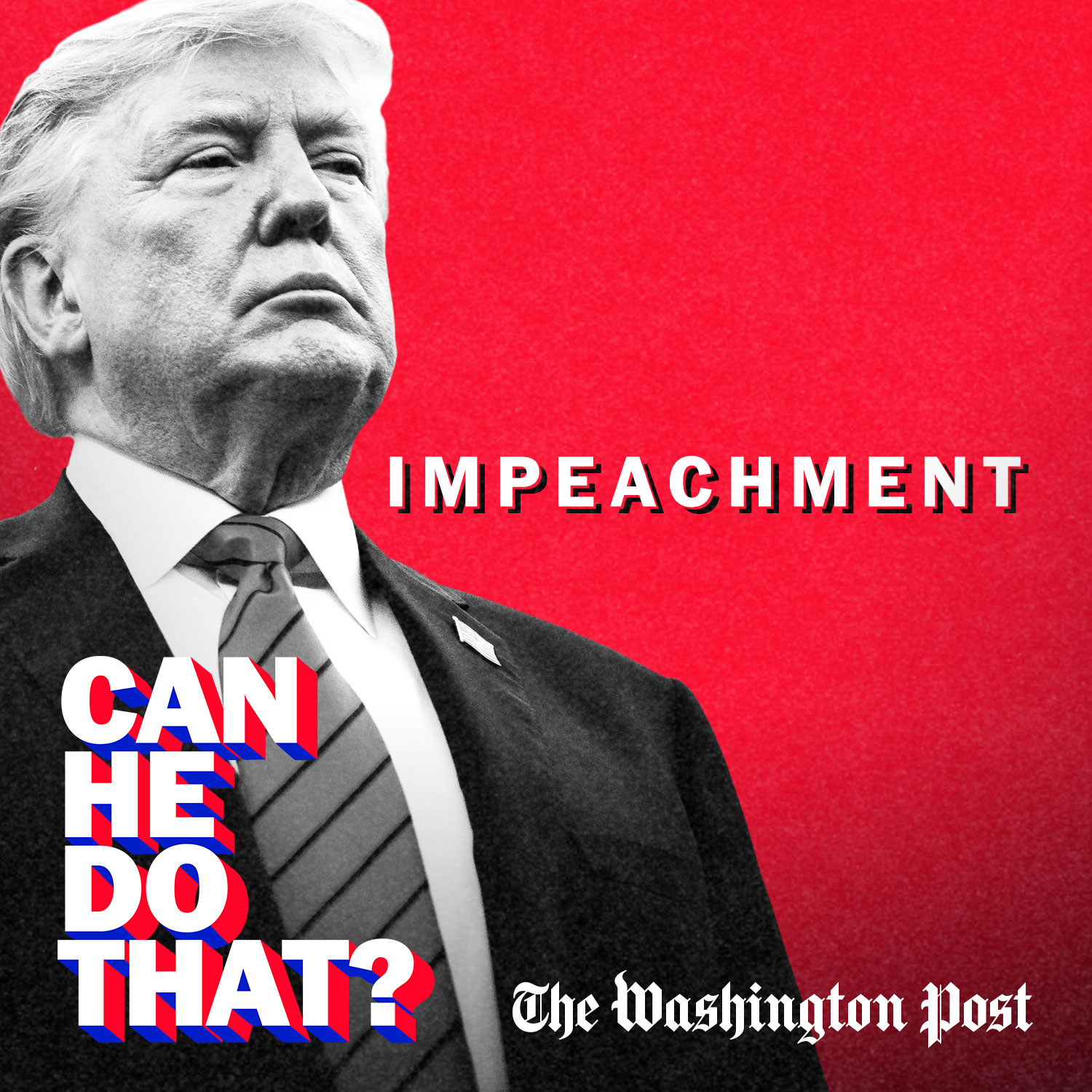
The delegate math questions you were too embarrassed to ask
Can He Do That?
The Republican Party’s 2020 primary season has been pretty straightforward. President Trump has no serious competition for the Republican nomination. But for the Democrats, it’s far less clear who will become their party’s nominee for president of the United States.
With so many candidates competing to define the future of the Democratic Party and running on a range of ideologies, it’s been a heated presidential primary season.
Candidates have tried to boost their potential and their profile by winning early voting states. But those states offer a very small portion of the total delegates needed to secure the nomination.
Things change a bit on Super Tuesday, which falls on March 3. On Super Tuesday, the most states at a time hold nominating contests, the most voters have a chance to go to the polls, and the most delegates will be allotted to candidates. More than a third of all delegates for the Democratic National Convention are up for grabs on this day alone.
Despite recent dropouts from Pete Buttigieg and Tom Steyer, the Democratic primary field is still quite large and therefore delegates may be broadly split among candidates. So what happens if no candidate wins the majority of delegates needed to become the nominee at the party convention in July?
On this episode of the “Can He Do That?” podcast, “Primary Politics” author Elaine Kamarck answers questions like: How are delegates allocated? What’s a superdelegate anyway? And why is it all so complicated?
Related episodes:
Next Episodes

Hacks, chaos and doubt: Lessons from the 2016 election revisited @ Can He Do That?
📆 2020-02-28 09:00 / ⌛ 00:28:52

The problems with pardon power @ Can He Do That?
📆 2020-02-21 00:40 / ⌛ 00:28:54

Trump’s view of a unilaterally powerful president goes unchallenged @ Can He Do That?
📆 2020-02-13 23:07 / ⌛ 00:25:34

A president acquitted. The balance of power tested. @ Can He Do That?
📆 2020-02-05 23:33 / ⌛ 00:22:19

Will the Iowa caucuses clarify anything? Lessons from history in an unpredictable year @ Can He Do That?
📆 2020-01-30 23:00 / ⌛ 00:31:38